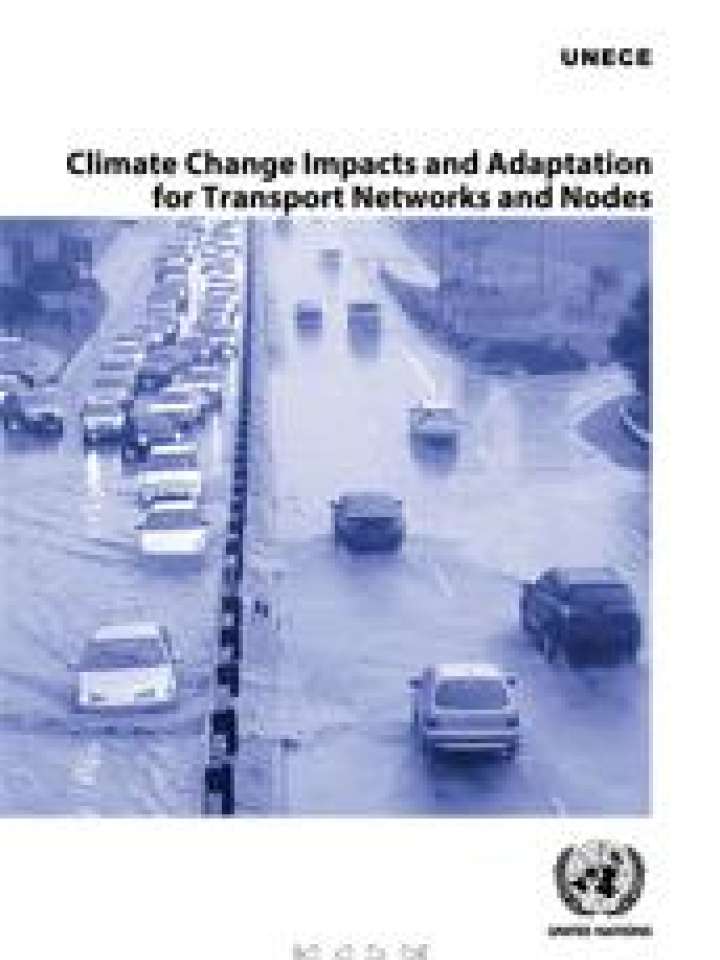Climate change impacts and adaptation for international transport networks
Extreme weather events, some of which are increasing in intensity and frequency, as well as slower onset climate changes (for example, sea level rise) and cumulative effects can result in transportation infrastructure damages, operational disruptions, and pressures on supply chain capacity and efficiency. The United Nations Economic Commission for Europe (ECE) Group of Experts on Climate Change Impacts and Adaptation for Transport Networks and Nodes (the Group of Experts) has been analysing the impacts of climate change on main transport assets in the ECE region, as presented in this report.
The Group of Experts considered the main networks and nodes in the ECE region, observed climate changes, as well as future projections. In this context, the report presents the analyses of several climate variables relevant to transport networks and nodes within the ECE region. Regional maps have been produced in Geographical Information System (GIS) format.
The Group of Experts has also reviewed and presented country experiences in the form of case studies, demonstrating a range of efforts that have been undertaken to analyse climate change impacts on transport assets and operations.
With its work, the Group of Experts wishes to raise awareness on the importance of considering climate change and extreme weather (for example, in planning, construction, maintenance and operations) and of strengthening the climate resilience of inland transport assets, networks and nodes. It also aims to stimulate the continuation of work to establish the necessary analytical basis to facilitate local or regional assessments, leading to the identification of specific transport assets at risk which may require adaptation efforts.
The Group of Experts, within this report, also formulated a series of lessons learned which have served as a basis to recommend future action at national and international levels towards improved transportation system climate resilience.
Explore further
